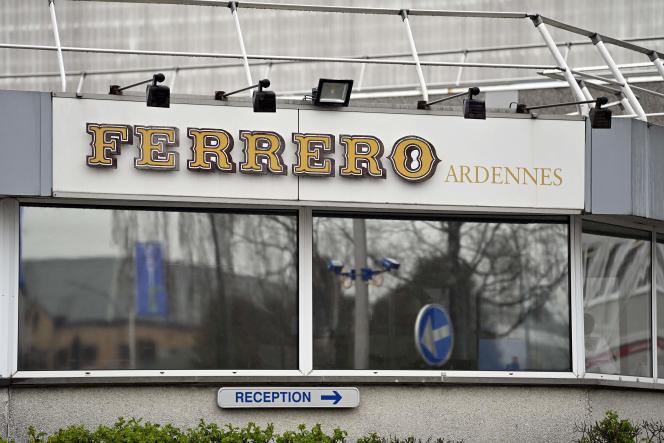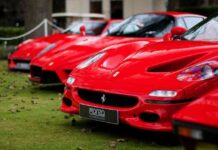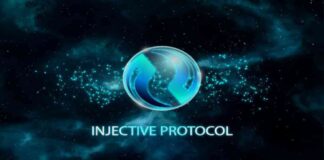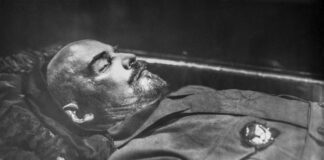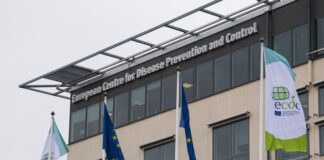Millions of Kinder products, representing more than 3,000 tons, have been withdrawn from the market in France after the detection of numerous cases of salmonellosis in Europe, announced Nicolas Neykov, the general manager France of Ferrero, in an interview with Parisian, published Thursday, May 26.
“This crisis hurts our hearts. This is the largest product recall in the past 20 years. And it concerns the favorite brand of the French, ”regrets Mr. Neykov, who is speaking for the first time since the start of the health scandal. By mid-April, 150 cases of salmonellosis had been detected in nine European countries, including 81 cases in France, mostly in children under 10 years old.
“According to our investigations, the contamination came from “a filter located in a dairy butter tank” at the Arlon plant in Belgium and was caused “either by contaminated raw materials or by people” , according to him. Asked about the presence of salmonella detected as early as December in the Belgian factory, the general manager of Ferrero France clarified that the factory was then closed, cleaned, and that everything that was manufactured there was thrown away:
“All of our tests in the following days are negative, which then allows us to reopen the factory. At that time, we are absolutely certain that no contaminated product has been put on the market. What happened after? The investigation will tell. »
The managing director explains that “it was only on April 2 that the English authorities established a statistical correspondence with the consumption of Kinder surprise”, prompting the group to recall its products in the United Kingdom, then in France the next day.
40% of turnover lost over the Easter period
The health scandal would have caused the loss of “40% of the turnover” of the group over the Easter period. The financial impact “will approach several tens of millions of euros”, according to Mr. Neykov. The consequences in terms of image are also devastating, with the brand estimating that “60% of consumers no longer have confidence”.
The group has received more than 150,000 claims for compensation and 90% of these claims have been “satisfied”, says the general manager, in the form of discount vouchers on any food product or Kinder shopping vouchers, which which represents a cost of less than two million euros for the group.
The factory in Arlon, in the Belgian Ardennes, from which the incriminated Kinder products originated, was shut down in early April. All products produced on the site (Kinder Surprise, Kinder Mini Eggs, Kinder Surprise Maxi 100g and Kinder Schoko-Bons) have been recalled. “We have requested a reopening from June 13 to restart production as soon as possible”, specifies the general manager of Ferrero France.
Mr. Neykov also announced that, from now on, 50% of health checks would be “carried out by an approved external laboratory”. For now, everything is based on an internal self-monitoring system.
The group presented a plan on May 4 to the Belgian health authorities and 1,000 employees of the factory are working seven days a week when it reopens. Ten thousand parts will be dismantled and cleaned one by one. The leader reiterated the apologies already presented by the group, and acknowledged failures.
On the judicial level, the consumer defense association Foodwatch France announced on May 19 the filing of a complaint in Paris after the contamination of Kinder chocolates. She simultaneously filed another against the Nestlé group and its range of Fraîch’Up pizzas, contaminated with the bacterium Escherichia coli.
